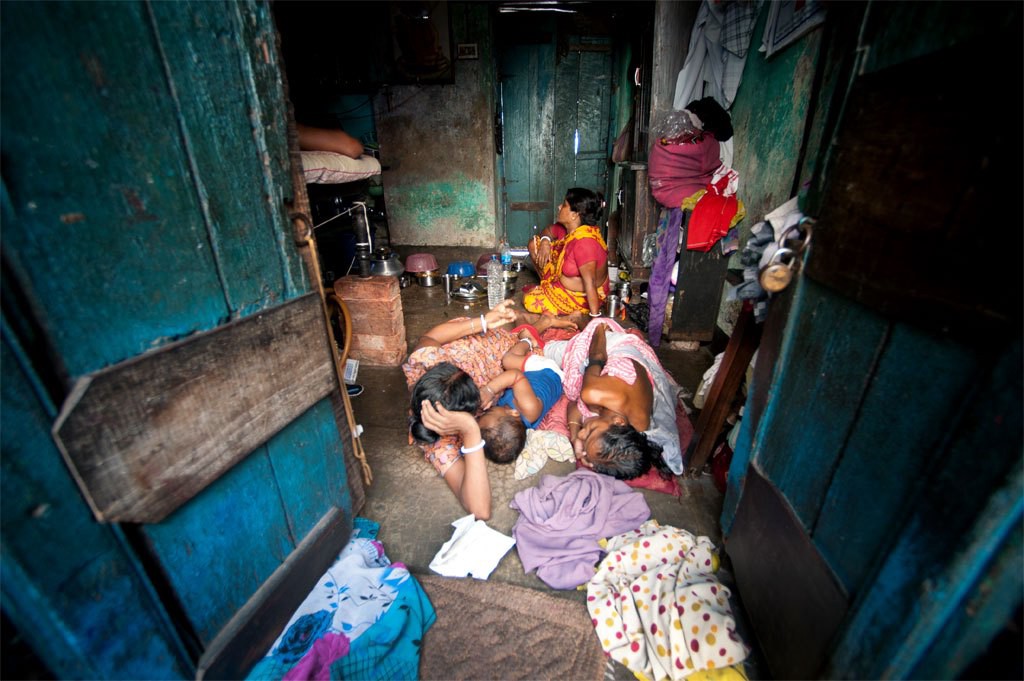We told you ImpactAlpha is down for the 2030 global goals.
Now comes a new report that suggests increased public and private investment in sectors aligned with the Sustainable Development Goals, specifically in infrastructure and in the poorest countries, is a key to economic growth. “Such investment will stimulate global growth, leading to a virtuous cycle,” says the report.

Conversely, a sluggish global economy is already putting at risk a key pillar of the goals, the eradication of poverty. “Continued slow global economic growth is likely to leave about 6.5 per cent of the world population extremely poor in 2030,” the UN said in a statement.
The new report tracks progress against the Addis Ababa Action Agenda, the plan laid out in Ethiopia in 2015 to finance ambitious 2030 plans to end poverty, ensure universal access to education, energy and health care, and propel the transition to a low-carbon economy.
The Addis Ababa Action Agenda, which received mixed reviews at the time, became part of the business plan for the UN’s Sustainable Development Goals. The agenda called for social protections, increased foreign aid and efforts to collect more taxes and fight tax evasion.
But public funding and international aid can’t fill the financing gap (see, “Financing the sustainable development goals with blended finance”). The report points to effective uses of blended instruments and public-private partnerships, to de-risk SDG-aligned investments and incentivize private capital to flow to SDG-aligned sectors. The Addis agenda set out an unprecedented role for private investment in sustainable development, as the only way to move from billions to the trillions needed annually to achieve the goals.











